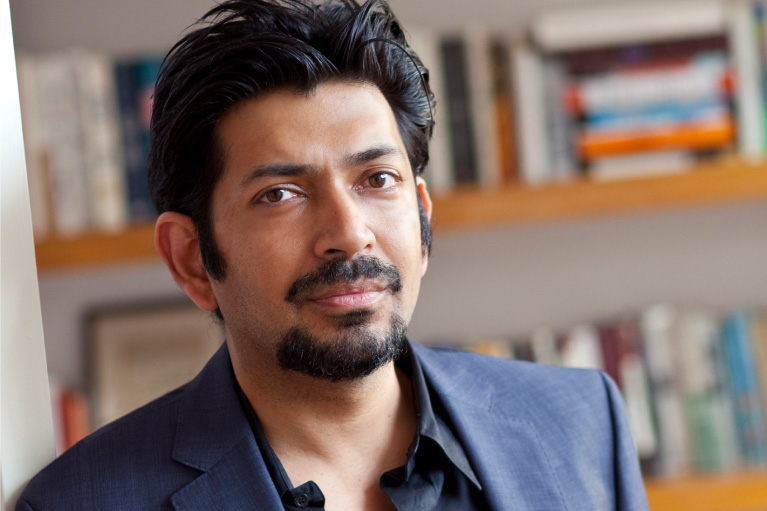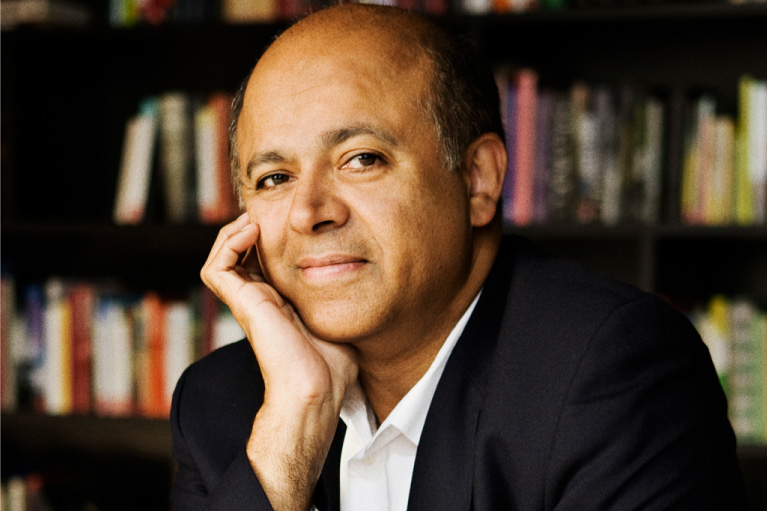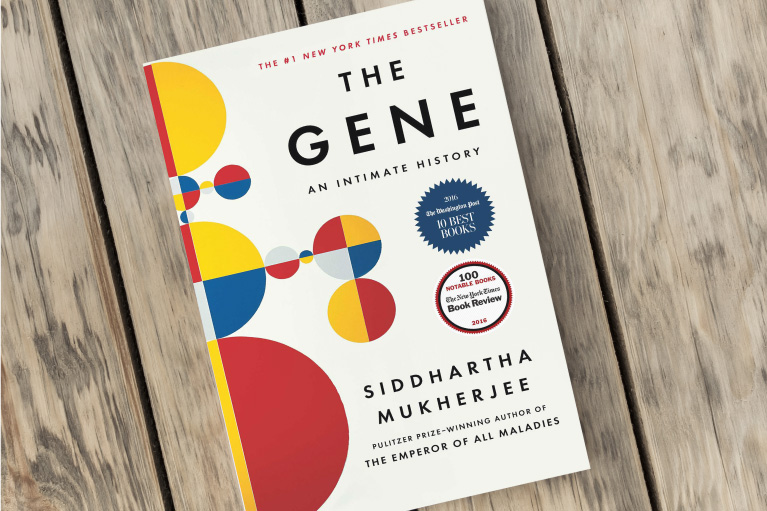Hematologist, oncologist and author Siddhartha Mukherjee was born in New Delhi, India in 1970. In 1989. As a biology major at Stanford University, he worked in Nobel Laureate Paul Berg’s laboratory, defining cellular genes that change the behaviours of cancer cells. He completed his B.S. degree in 1993. From there, Mukherjee attended the University of Oxford where he won a Rhodes Scholarship for doctoral research at the on the mechanism of activation of the immune system by viral antigens. He was awarded a D.Phil. in 1997 for the thesis titled The processing and presentation of viral antigens. After graduation, he attended Harvard Medical School, where he earned his Doctor of Medicine (M.D.) degree in 2000.
Between 2000 and 2003 He completed his internal medicine residency and an oncology fellowship at Massachusetts General Hospital.
In 2009, Mukherjee joined the faculty of the Department of Medicine, Division of Hematology/Oncology, at the Columbia University Medical Center as an Assistant Professor of Medicine. As of 2017, his laboratory is based at Columbia University’s Herbert Irving Comprehensive Cancer Center.
Best known for his Pulitzer Prize-winning book, The Emperor of All Maladies: A Biography of Cancer, detailing the evolution of diagnosis and treatment of human cancers from ancient Egypt to the latest developments in chemotherapy and targeted therapy.
In 2016, Siddhartha Mukherjee released The Gene: An Intimate History which takes an in-depth look at the history of the gene and a response to the defining question of the future: What becomes of being human when we learn to “read” and “write” our own genetic information?
He currently resides in Manhattan with his wife, artist Sarah Sze, and their two daughters.








Leave A Comment